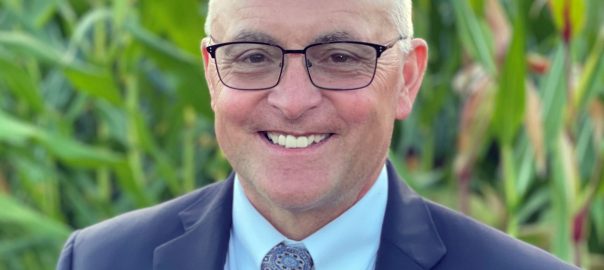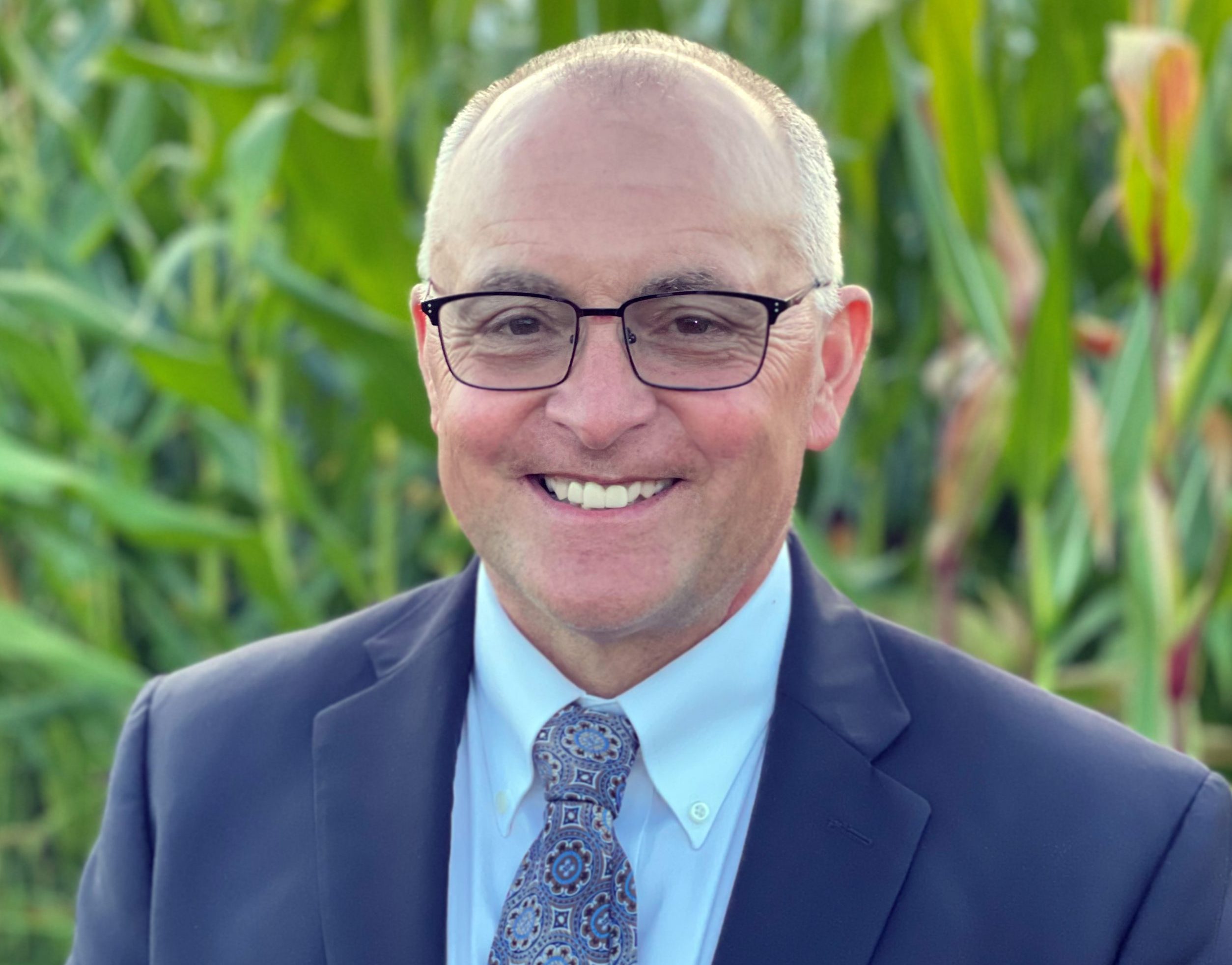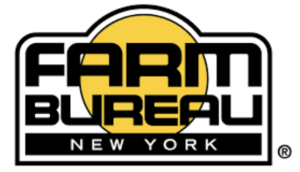
Investing in our farms is investing in New York
If there is one thing that brings people together, it’s food. The full bounty of New York agriculture was on full display last night at New York Farm Bureau’s Taste of NY Reception in Albany. More than 70 tables featuring the best in locally grown food and craft beverages offered up samples to legislators, agency officials, and their staffs. It was more than delicious New York products that were served up at this popular event, but also a healthy dose of ideas and good conversation.
Our members missed this one-on-one exchange with policymakers during the pandemic. We have common ground in wanting the people of New York to have access to the freshest, healthiest food. But it takes work to make that happen. We need a state committed to investing in the future of agriculture. We need hard-working farmers and employees who see opportunity in the valuable role they have in our food system. And we need to work together to advance laudable goals that strengthen the farm economy.
New York Farm Bureau members will be speaking about their priority issues during today’s lobby day. One of the main issues is securing funding in the New York State budget for the dozens of farm-related programs that include critical research, animal health, and the marketing of New York products. We are also supporting the Environmental Protection Fund which is responsible for helping farms implement best management practices that include soil health and nutrient management programs that protect our land and waterways. This also includes efforts to help our farms meet the state’s climate goals.
In addition, we are advocating to once again fully fund Nourish NY, better connecting our farms with our food banks, as well as supporting the Healthy School Meals for All legislation, ensuring our children have access to a healthy breakfast and lunch in school. And we are asking to increase access to farm safety programs by increasing the budget for the New York Center for Agricultural Medicine and Health. Its highly effective programming has seen budget stagnation for years, and it’s time to change that for the safety of farm workers.
NYFB is also supportive of the governor’s effort to increase state procurement to 30% for New York farm products. It makes sense for New York to support its own farms when purchasing food for its state agencies and institutions. But we also want to make sure that the regulations are not exclusionary or enforce value-based purchasing requirements that are not currently required by state or federal laws.
NYFB is hopeful the governor’s proposal for a refundable investment tax credit is included in the final budget. This will incentivize investment, especially coming off challenging years of low commodity prices and then the pandemic. This budget proposal should contain amended language to include the construction of farmworker housing to better support our employees.
What also must be in the state budget is unemployment insurance relief. New York State cannot continue to pass along its debt in the form of assessment charges to employers. New York owes around $8 billion to the federal government to cover pandemic UI expenses. It is not the responsibility of our farms and small businesses to cover the loss. We ask lawmakers to fix this with legislation.
Discussions about raising the minimum wage are ramping up once again. The state’s base wage just jumped a dollar an hour upstate and will likely hit $15 by the end of the year, putting it on par with the wage rate in the New York City area and Long Island. Let’s be clear, in today’s competitive labor market, you would be hard-pressed to find any farm or business paying minimum wage. But as the minimum wage rises, all wage rates go up on our farms. This is on top of the inflationary prices that all businesses are forced to absorb. And the more it cost to do business, the harder it is to stay in business, especially when most of our farms do not set their own prices. Prices are driven by wholesale markets and a federally controlled milk pricing formula and are not passed along to the customers.
New York State lost more than a third of its dairy farms in the past decade, much of it because of the rising costs and volatile milk markets. That trend will only continue if New York continues to make it harder to do business in the state. Let’s push pause on raising the minimum wage.
When it comes to the tools and technology that farmers use, the decision-making is routinely grounded in science. We are hopeful lawmakers follow the same lead. Currently, the Department of Environmental Conservation has the authority to approve all risk management tools, including neonicotinoid pesticides and treated seeds used on farms, golf courses, and backyards. These have proven to not only be beneficial to farmers who must fight off bugs harmful to our food supply, but they are a safer alternative than more toxic insecticides of the past. Legislation to get rid of a valuable insurance policy for our farms will mean a return to more spraying, especially as insect pressure increases because of climate change. DEC has the expertise and knowledge to effectively evaluate the safety and beneficial use, one of the only states in the country empowered to weigh in beyond federal oversight. New York Farm Bureau believes this regulatory control should be respected and upheld.
Finally, there are two significant pieces of legislation that could greatly impact the bottom lines of those who bottle their own products. The first is the revised Extended Producer Responsibility Act that will upend the recycling and waste stream in the state, putting the burden on producers rather than consumers. While this may be effective in tackling the waste that comes from the “Amazons” of the world, it will only create more burdensome regulations for our milk producers and small-scale winemakers. The legislation needs an agricultural exemption.
New York Farm Bureau is also supportive of direct-to-consumer shipping for our craft beverage makers. This commonsense legislation will create parity with winemakers and allow our breweries, distilleries, and cideries to expand their markets by selling to new customers in and out of state.
We encourage lawmakers to work with us to expand opportunities and capitalize on what we do well in New York. We have one of the most diverse agricultural sectors in the country. It is worth it for each of us to maintain that strong connection to food and farm production. This benefits our food system, local economies, and overall quality of life in New York State.
David Fisher is the President of the New York Farm Bureau and a dairy farmer.


